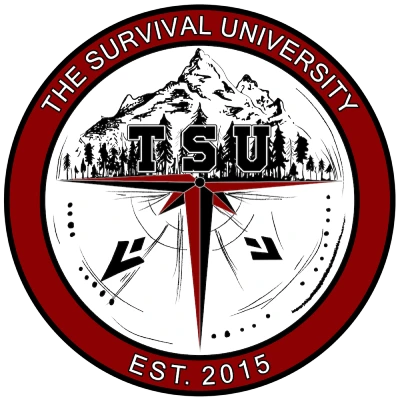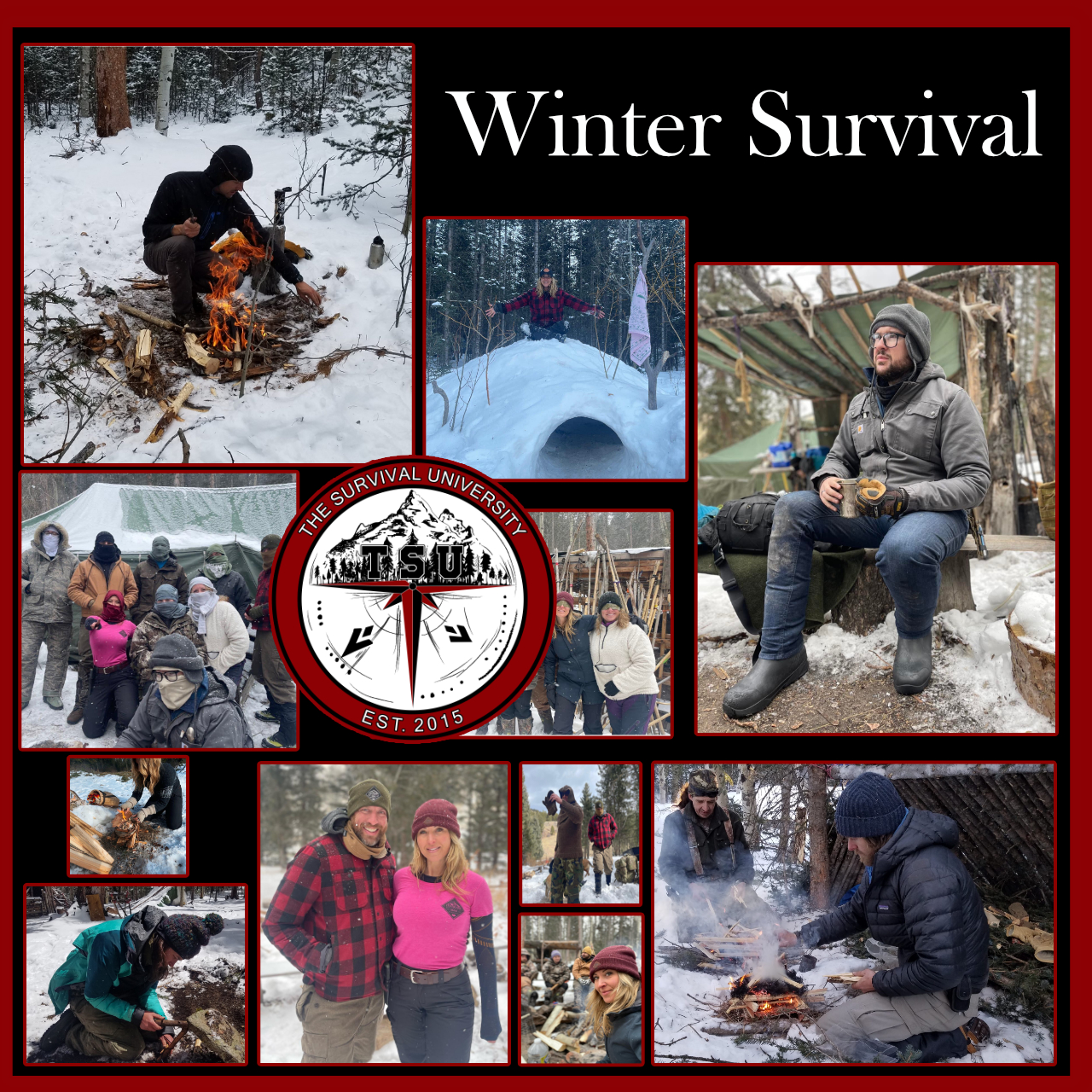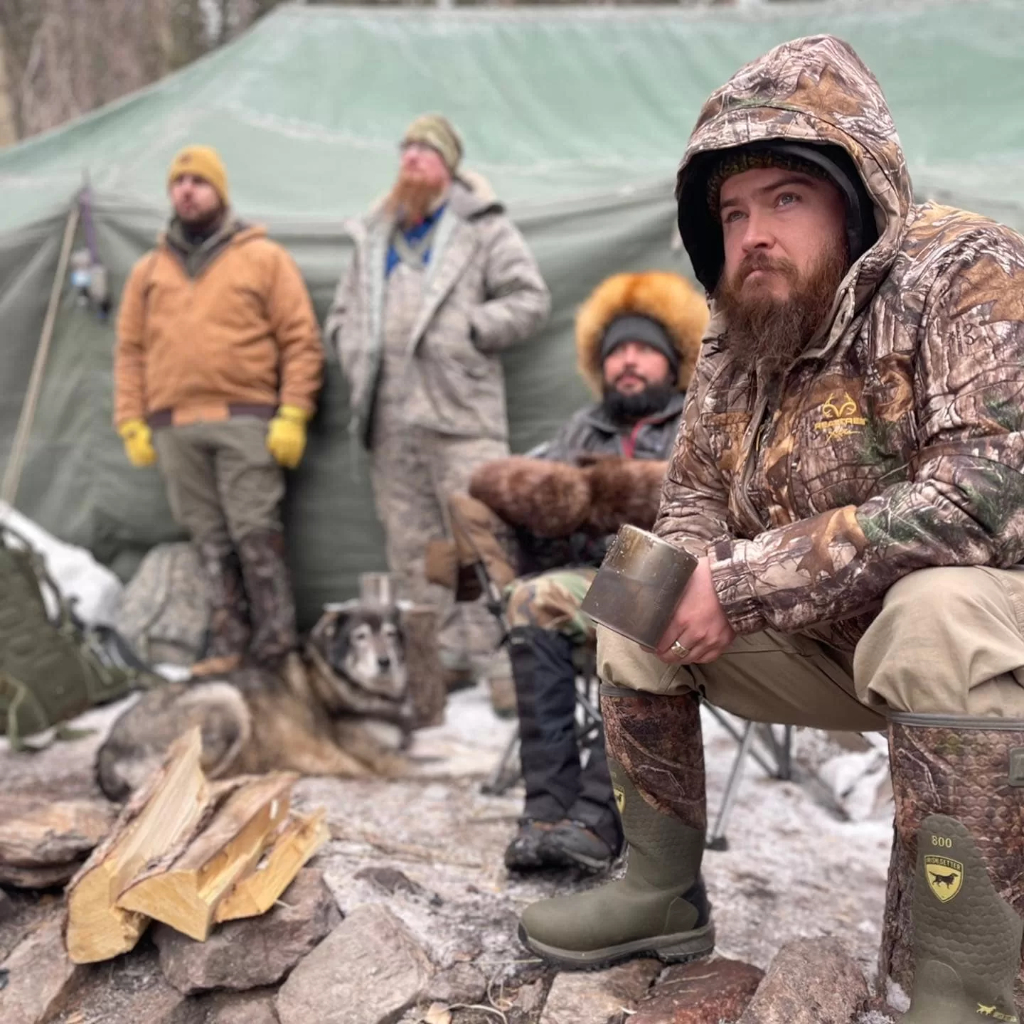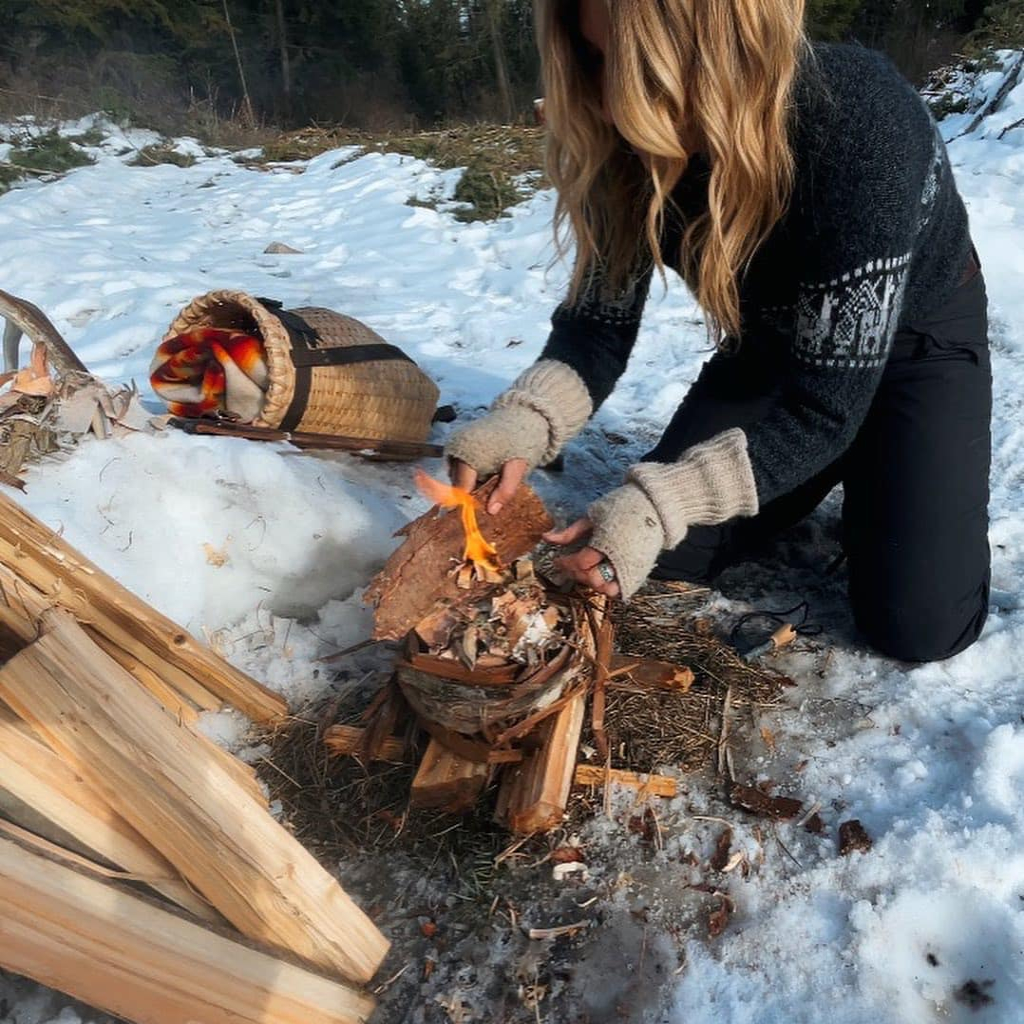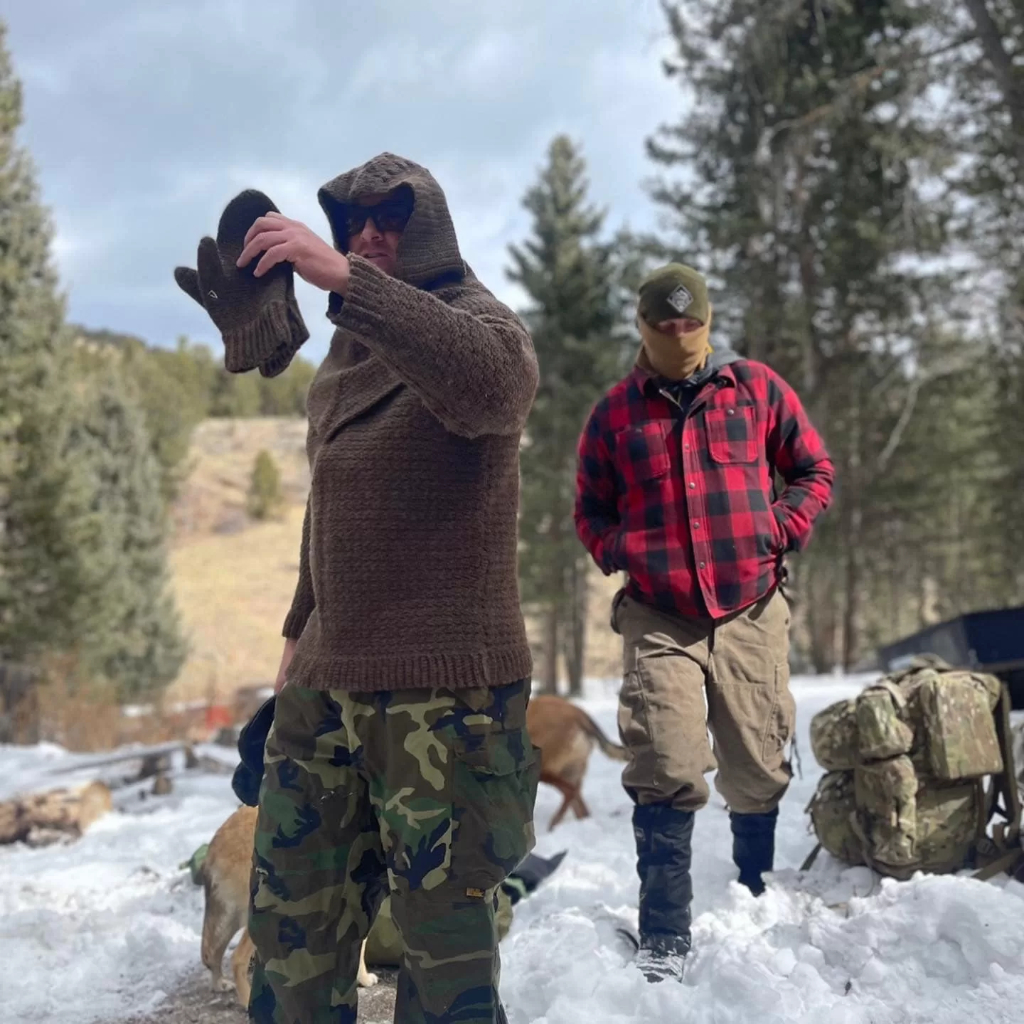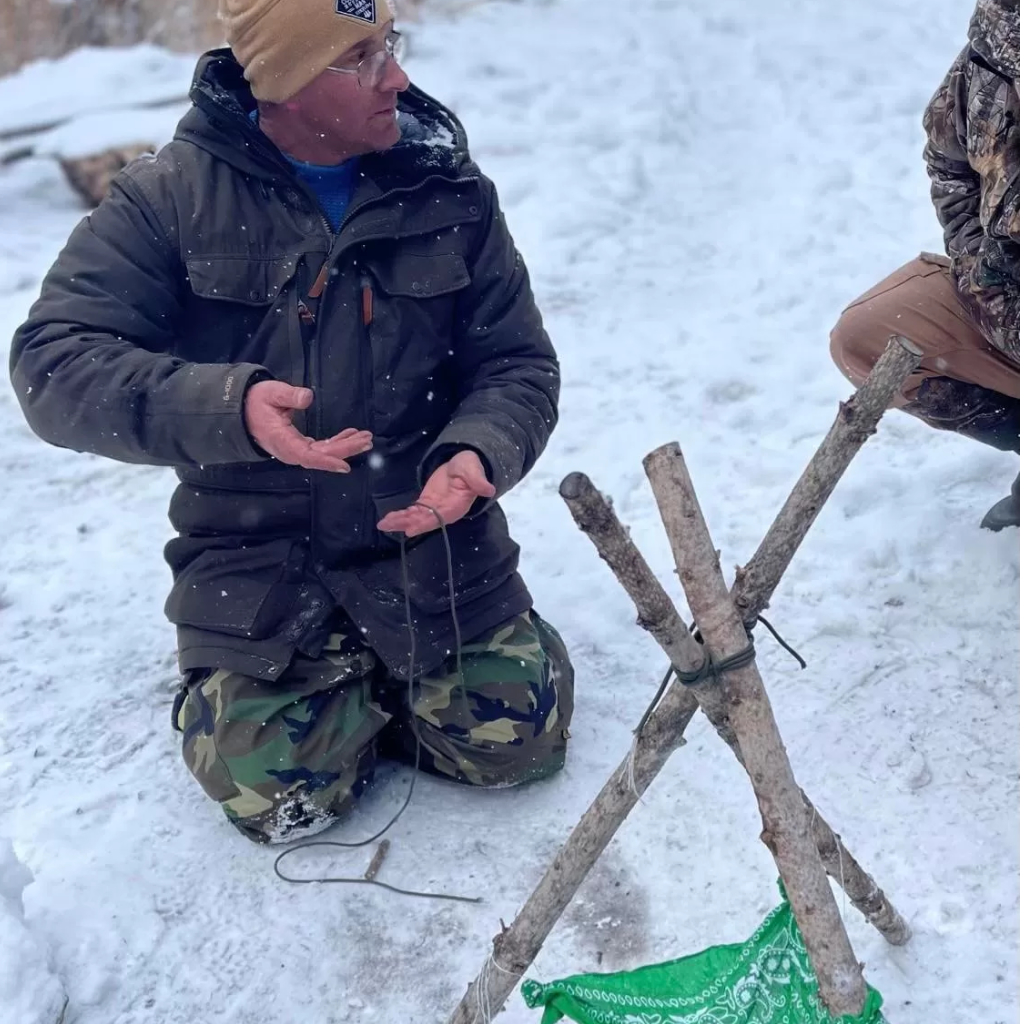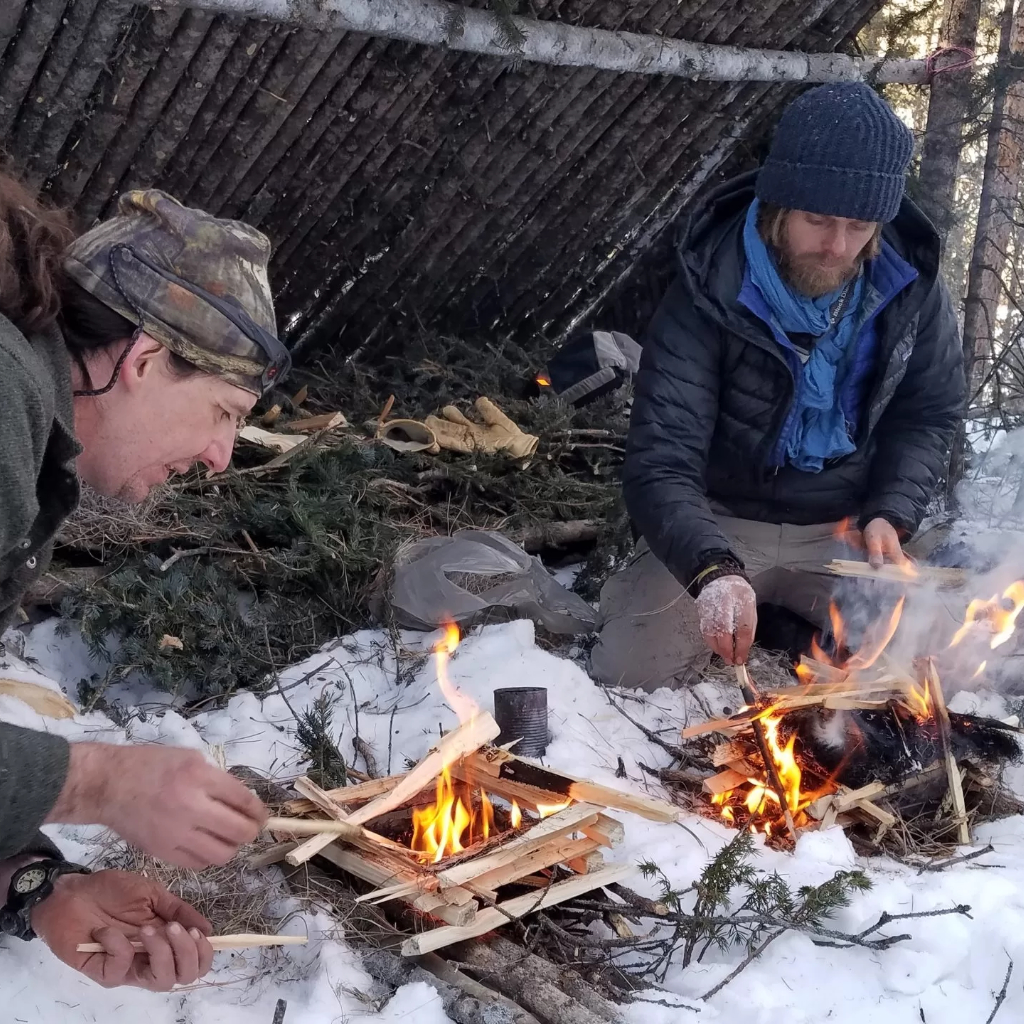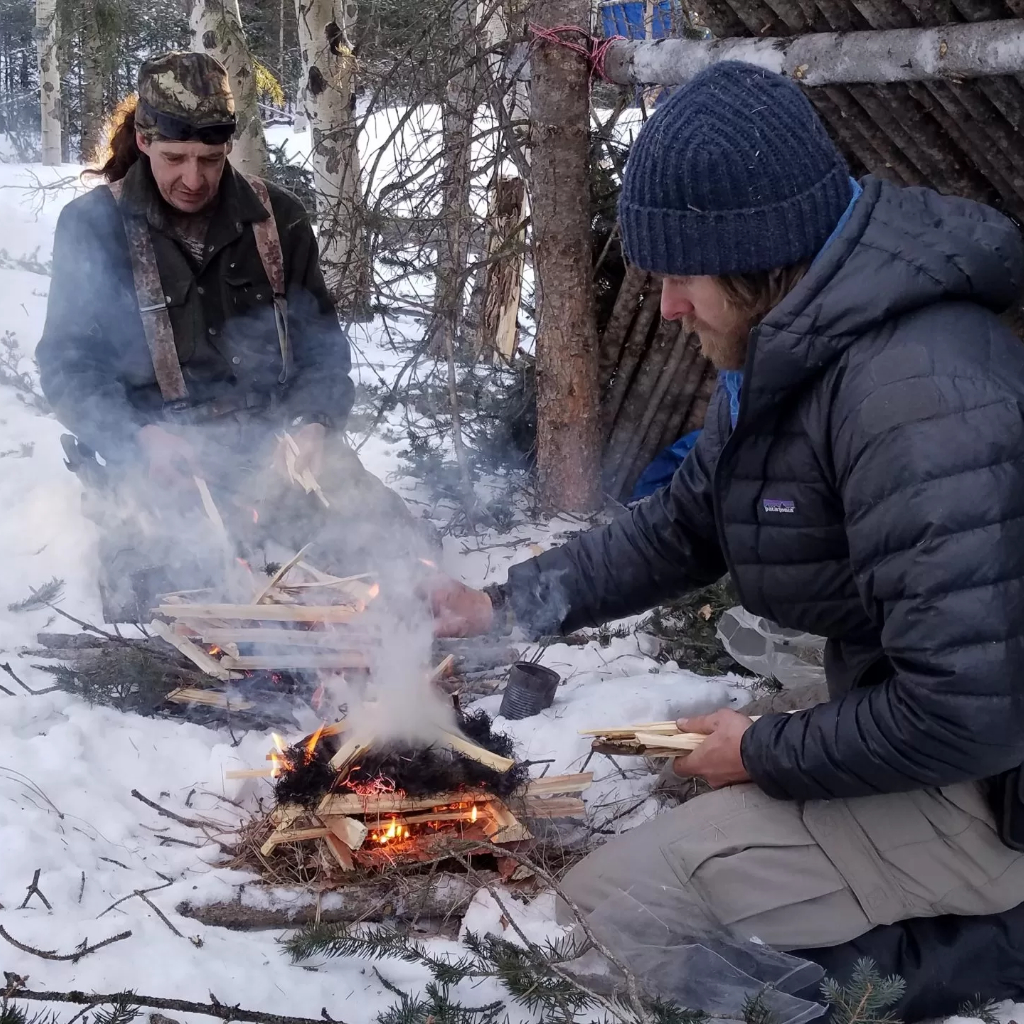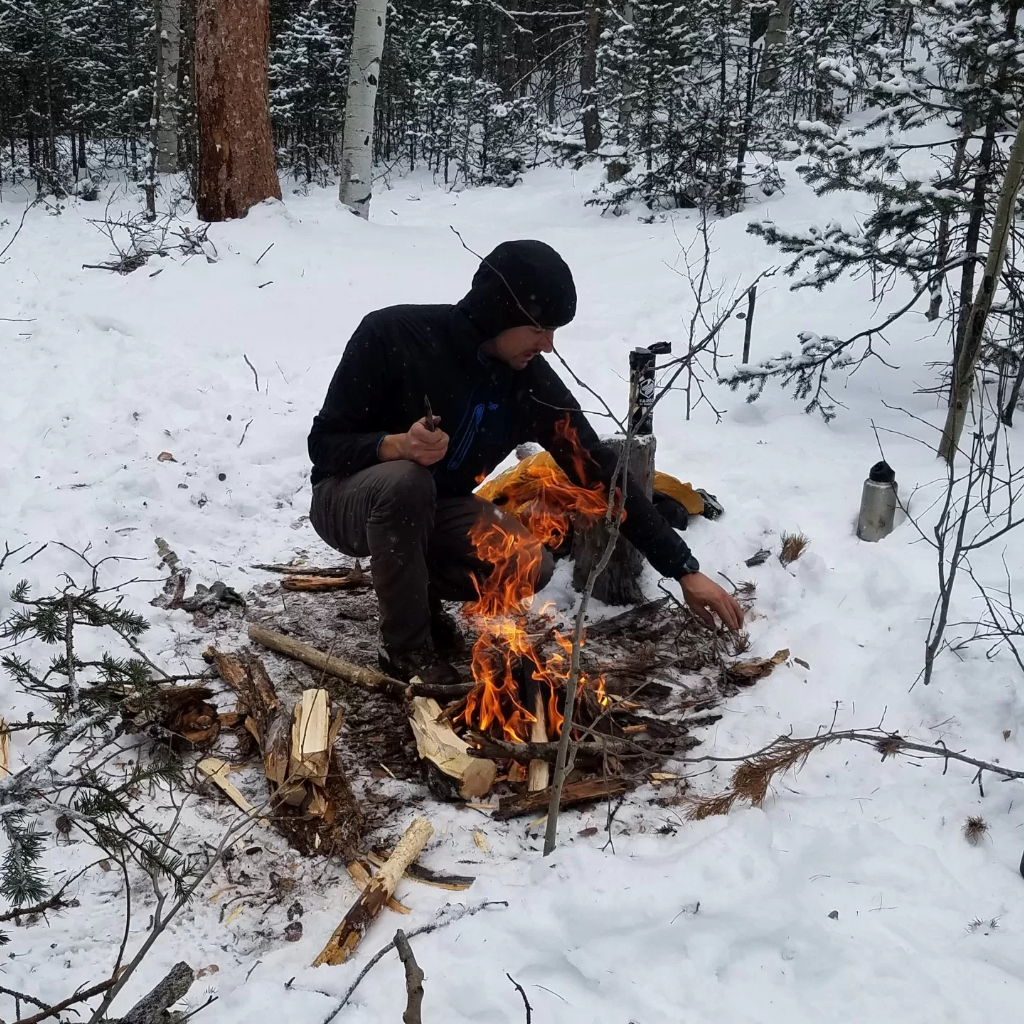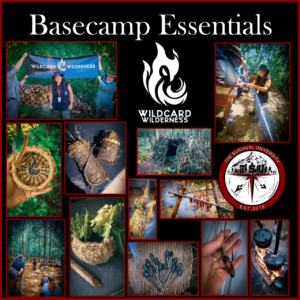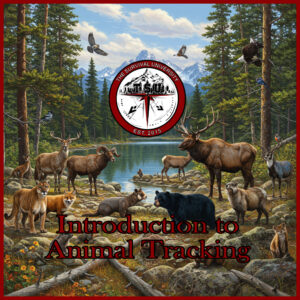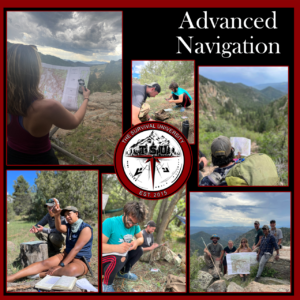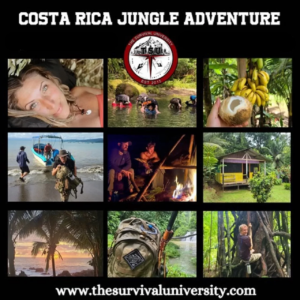Cart
Colorado Winter Survival Course
Price range: $295.00 through $345.00
Surviving in the extreme cold is mostly about staying warm, keeping your body temperature up, and getting out of the elements. The traditional survival techniques do not always apply, due to the cold and wet surroundings. This course will teach you how to build snow and primitive shelters that will allow you to ride out a storm and how to build a fire to keep you warm in frigid temperatures.
Description
Winter Survival Course – Colorado Backcountry Skills for Snow, Storms & Cold Exposure
Colorado is known for its world-class skiing and rugged backcountry terrain—but it’s also notorious for its sudden snowstorms and extreme winter weather. Blue skies in the morning often give way to whiteout conditions by afternoon, catching even experienced hikers and backcountry adventurers off guard. Many have died here not from lack of experience, but from being unprepared for how quickly Colorado’s winter conditions can turn deadly.
This 3-day Winter Survival Course in Colorado is designed to teach you how to stay alive when the temperature drops and the snow starts falling. You’ll learn how to manage cold exposure, keep your body temperature stable, and stay dry in freezing conditions where traditional survival techniques may fail.
We’ll cover how to build both snow and primitive shelters that offer real protection from the elements, how to get a fire going and keep it burning in wet, windy environments, and how to use snow safely as a water source. You’ll also gain a better understanding of winter-specific dangers like hypothermia, frostbite, dehydration, snow blindness, and avalanche risk—and how to avoid them.
Whether you’re a hiker, hunter, skier, or just someone who ventures into the wild during winter, this course provides practical, hands-on skills to help you stay safe and come home alive.
What to Expect
Over three days, you’ll be immersed in hands-on training focused on winter-specific survival skills. While the emphasis is on staying warm and dry with shelter and firecraft, we’ll also touch on gear prep, snow navigation basics, and cold-weather fieldcraft. Expect to spend full days outdoors, practicing what you learn in real conditions.
Skills Taught Will Include:
-
Proper cold weather gear and clothing selection
-
Hypothermia wrap and emergency warming techniques
-
Primitive and snow shelter construction (snow dependent)
-
Modern and primitive fire-starting in winter conditions
-
Full-length body fire and all-night fire builds
-
Using snow as a water source safely
-
Firecraft maintenance in cold and wet environments
-
Avalanche awareness and terrain assessment
-
Cold-weather tool use and knife skills
-
Situational awareness and winter mindset training
Additional information
| CPR Certification | With CPR Certification, Without CPR Certification |
|---|
ACCOMMODATIONS
If students do not wish to camp with us, the town of Cripple Creek is a short 15 minute drive from our location and Woodland Park is 30 minutes away. Students will be responsible for making their own reservations with nearby hotels. We do have a central community campfire location with a few designated campsites but mostly offer dispersed camping. Students will be able to drive their car within 100 feet of the main camp and will not have to hike gear in for long distances.
- Sanitation/Hygiene: A portable restroom and potable water will be provided at main camp.
FOOD AND WATER REQUIRED
Water will be provided but students will need to bring their own food. We recommend quick field expedient meals such as freeze dried hiking meals or MRE’s. They can quickly be made at our primitive camps and won’t slow down the learning process. However, students may bring any food that they wish to cook over the campfire or on their own personal camp stove.
Food can be purchased locally at nearby facilities. Walmart and several local eateries are within a reasonable driving distance.
Due to the different levels of prior experience and knowledge among students in each class, individual outcomes may vary. Weather conditions can also be a factor in changing class content slightly. Nonetheless, our instructors will always endeavor to be as accommodating and consistent as circumstances will allow to ensure students get the best training experience and value for money.
Start Time: 9:00AM (check-in begins at 7:00am)
End TIme: 5:00PM
LENGTH
3 days/2 nights
ACCOMMODATIONS
If students do not wish to camp with us, the town of Cripple Creek is a short 15 minute drive from our location and Woodland Park is 30 minutes away. Students will be responsible for making their own reservations with nearby hotels. We do have a central community campfire location with a few designated campsites but mostly offer dispersed camping. Students will be able to drive their car within 100 feet of the main camp and will not have to hike gear in for long distances.
- Sanitation/Hygiene: A portable restroom and potable water will be provided at main camp.
FOOD AND WATER REQUIRED
Water will be provided but students will need to bring their own food. We recommend quick field expedient meals such as freeze dried hiking meals or MRE’s. They can quickly be made at our primitive camps and won’t slow down the learning process. However, students may bring any food that they wish to cook over the campfire or on their own personal camp stove.
Food can be purchased locally at nearby facilities. Walmart and several local eateries are within a reasonable driving distance.
SUGGESTED GEAR LIST
We do not provide students with gear unless they have purchased it from us ahead of time. Not much gear is needed for our courses, though good equipment does speed the learning process up greatly! Gear does not have to be purchased from our store to attend the course, but we recommend survival gear of equivalent quality.
- ixed blade knife (Preferably a full tang bushcraft style knife WITHOUT a serrated edge)
- Ferrocerium rod
- Poncho or Rain Gear
- Outdoor Clothing and appropriate footwear
- Folding hand saw
- Overnight Camping Gear (sleeping bag, tent, etc.)
- Sleeping pad or yoga mat
- Tarp or SOL emergency blanket
- Base plate compass
- 100’ of 550 Paracord
- Shemagh or large cotton scarf or bandana
- Headlamp or flashlight and extra batteries
- Cooking pot and eating utensils
- Single walled metal canteen
- Nalgene or other plastic water bottle
- Metal nesting cup
- Sawyer mini water purifier
- Signal mirror (credit card sized)
- Emergency whistle (non-metal)
- Bic lighter (new)
- Glow sticks
- 5 contractor sized trash bags
- Sunscreen and sunglasses
- Insect repellent
- Leather work gloves
- Notebook and pencil
- Small Backpack
You may also like…
-
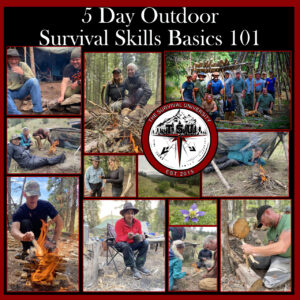
5 DAY OUTDOOR SURVIVAL BASICS 101
$595.00-
Select options This product has multiple variants. The options may be chosen on the product page
